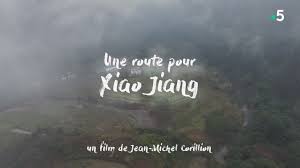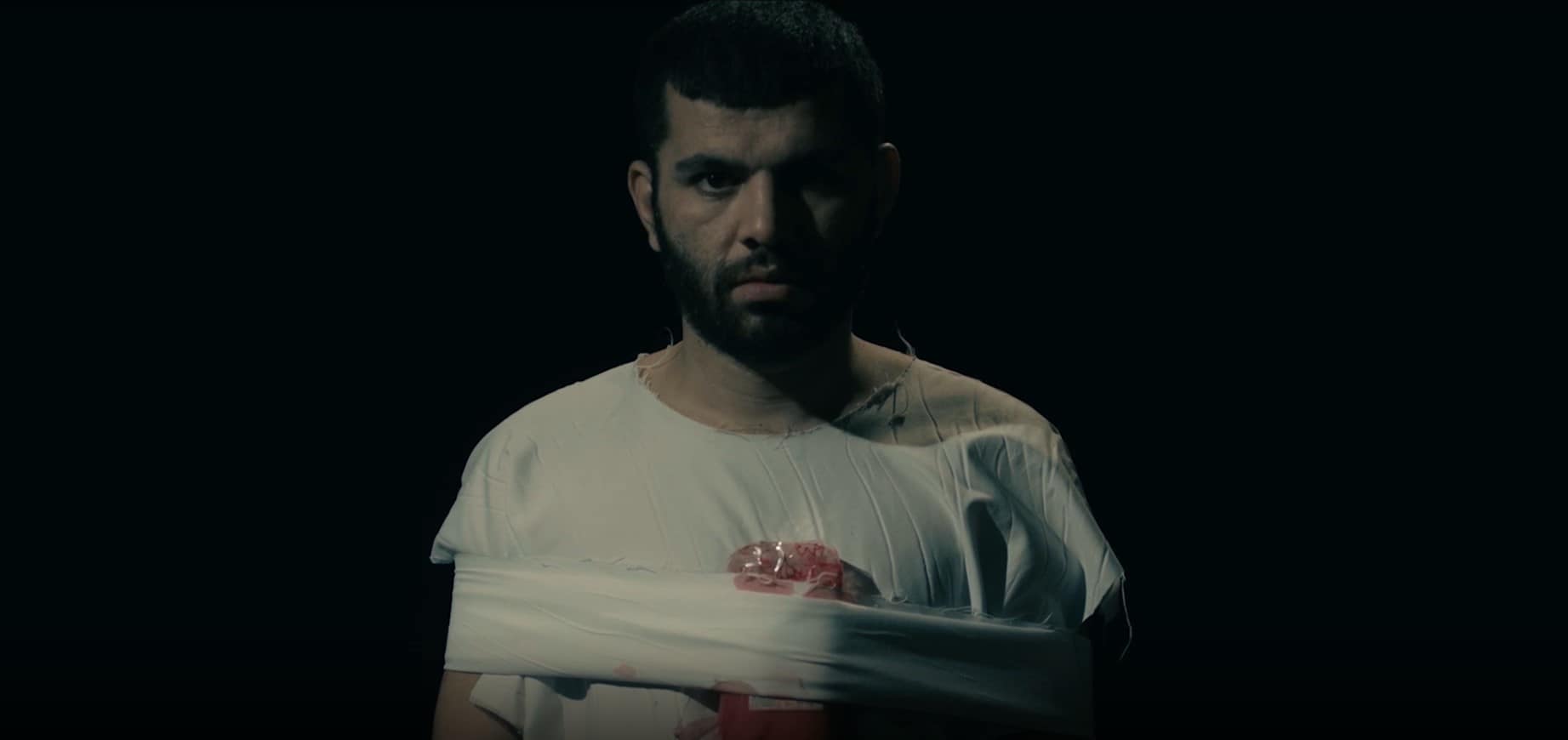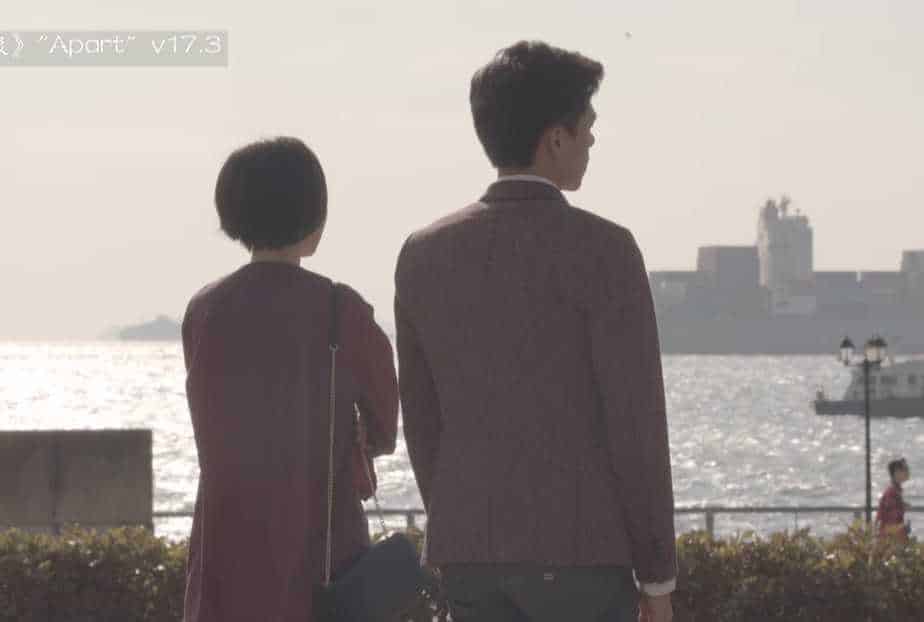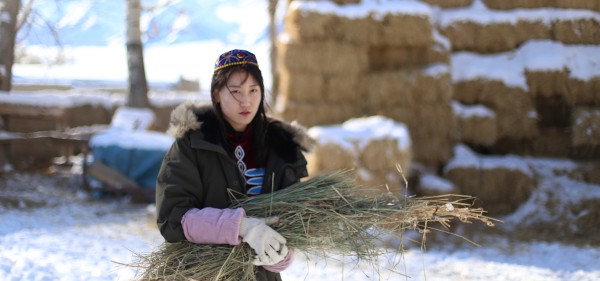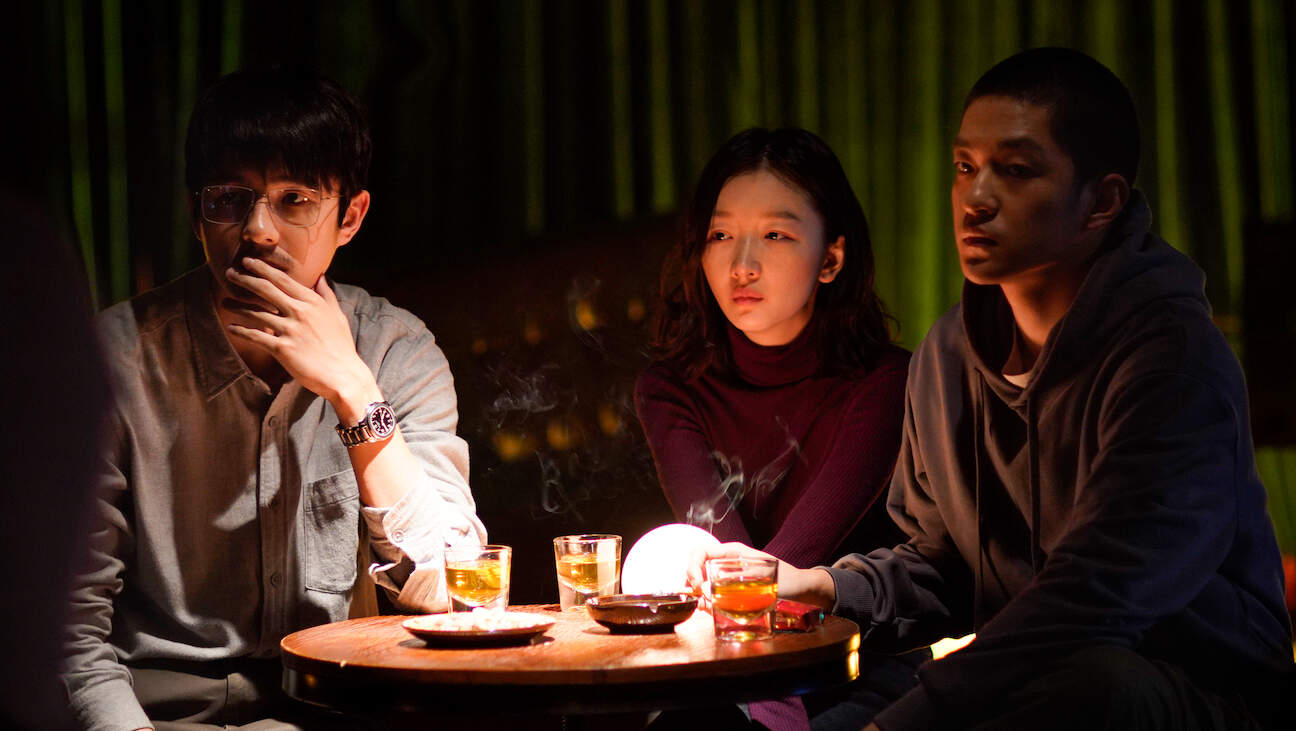The Festival International des Cinémas d'Asie presents for the first time on the big screen “A road for Xiao Jiang”. The documentary is a coproduction between France 5 and Ushuaia TV (two French channels, the latest one focusing on nature and travel). It belongs to a series of documentaries “Celle qui va tout changer” (literally “the one that is going to change everything”). The series focuses on isolated communities that don't have easy connections to cities but are about to get linked thanks to the construction of roads.
“A Road for Xiao Jiang” focuses on (how surprising) the small hamlet of Xiao Jiang. The 60-inhabitants village lies in Southern China Guangxi region. It is surrounded by mountains. The Chinese government has decided to relocate the -mostly older- population to the nearest city. Yuan Feng Huang, entrepreneur at hear, 50 years old, doesn't see it that way. He learned he has cancer and dreams of building a road that would connect his native place to the rest of the country. With the support of his relatives, his journey to build a 5km-road through the mountains begins.
The documentary focuses on the technical construction of the new road, which actually asks questions in term of how it is possible without any engineers involved, nor regional authorizations (that we know of). But it is also a great excuse to touch upon many interesting and varied themes.
Firstly, it talks about Huang's way of dealing with sickness, grieving, desire to go back to his roots and to accomplish his dreams. The construction of the road mirrors the middle-aged man's will to belong and to improve the life of his small community (the village) and of his bigger community (China). The figure of the film connects his project to Xi Jingping's Chinese Dream. He sees his adventure as part of the collective effort. And it is pretty interesting to observe the connection he makes between his dream and political ideology.
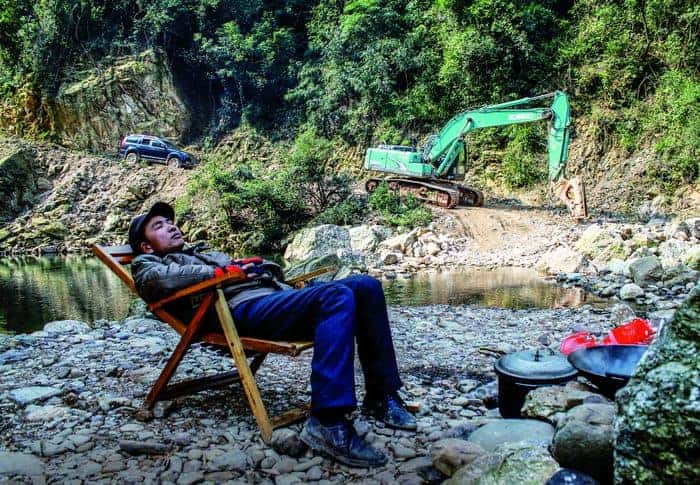
Then, it talks about the recent and rapid urbanization process happening in China, and the ambiguity that comes with it (in terms of figures: “In 1950 13% of people in China lived in cities. By 2010, the urban share of the population had grown to 45%; it's projected to reach 60% by 2030”[1]). The labor force has left Xiao Jiang for cities, there is no school, no jobs, no easy access to health. Not having a road forces those who stay to live in almost total self-sufficiency. No road means very little (if any) competitiveness market-wise. If Huang builds the road, it is to facilitate the life of its inhabitants but also to create long-term profit for the village. Actually, the entrepreneur himself moved to the city to enjoy better facilities and offer his children easier access to education.
Furthermore, the movie is a great excuse to enjoy the amazing scenery of the Guangxi region, and to embrace the Western-viewers need for exoticism. This is fulfilled with images of the tofu's preparation or the celebration of the lunar new year, for example.
Finally, Jean-Michel Corillon's documentary allows the viewers to catch a glimpse of the Yao minority's traditions. Indeed, the village's inhabitants all belong to this ethnic group. The audience gets to learn about traditional medicine and to enjoy images of the Temple Ceremony. The latest is a mystical and religious ritual to worship the ancestors. Although the feature seems to only praise the construction of the road, we cannot help but wonder what will happen to these unique cultural practices once the village fully embraces nowadays globalization and more broadly capitalism, allowing little space for diversity and difference. Won't communities slowly disappear? More broadly, it questions the necessity to embrace the system to not be left behind.

The documentary itself uses voice-over, with comments enhancing a sense of pathos and making Huang a heroic figure. If there is no official bias, the filmographic document embraces the road as an absolute progress. But just like any other documentaries, it is a subjective representation of a certain reality. This is particularly striking when looking at the vocabulary used: “combat contre l'isolement”(“fight against isolation”), “combat pour la vie” (“fight for life”), “drame” (“drama”) “choc” (“shock”), mourir (“die”), for example.
Wide shots are mostly used, to see the environment as a whole, and how people evolve within that – figurative and actual- frame. A few close-ups of Huang are used. They enhance the identification process.
In conclusion, “A Road for Xiao Jiang”, although biased and sometimes enhancing a certain sense of pathos, is interesting for the many topics it subtly covers.
[1] https://insights.som.yale.edu/insights/what-should-we-understand-about-urbanization-in-china


